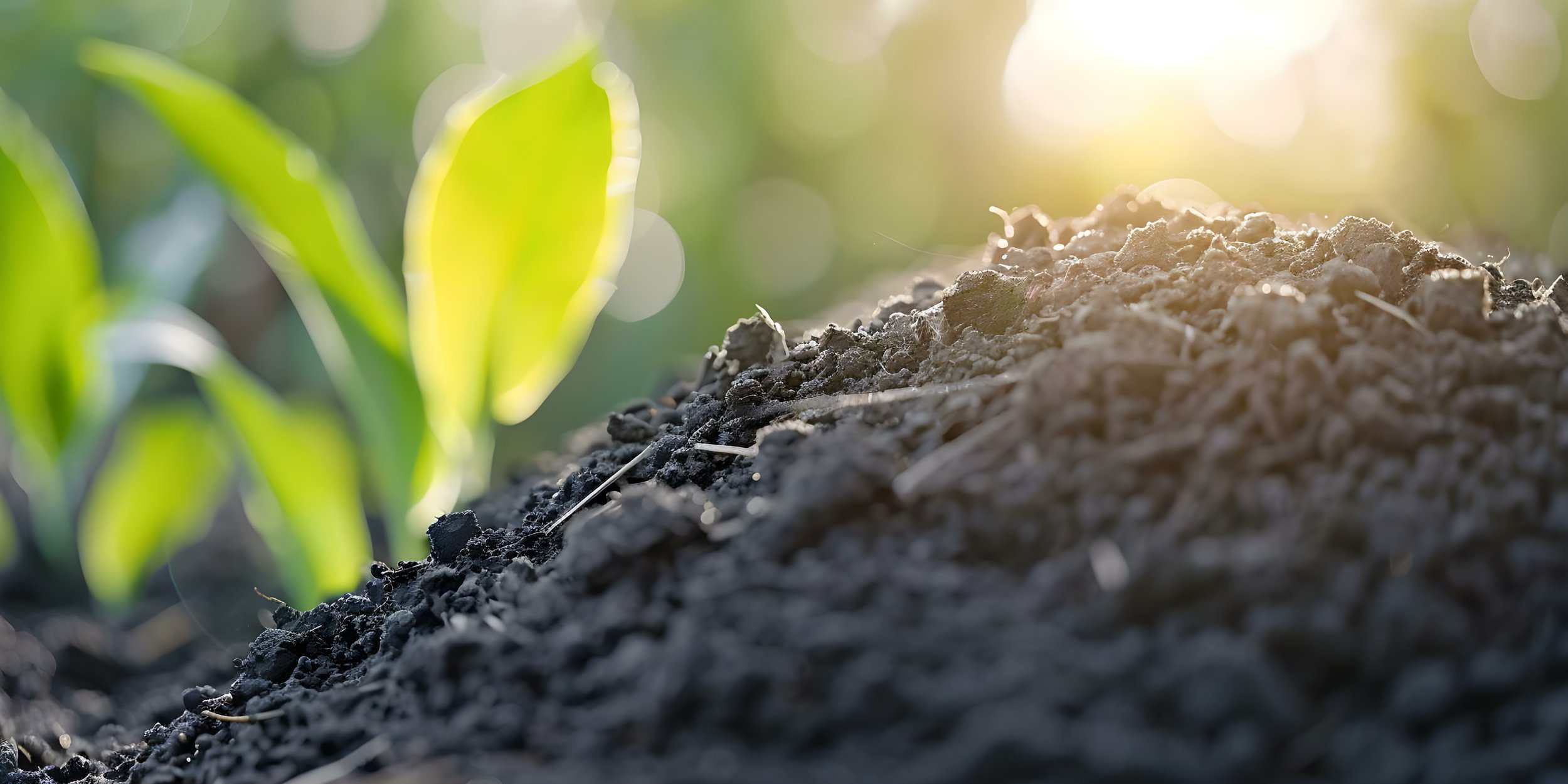
The many benefits of biochar
Biochar, a carbon-rich byproduct of organic matter decomposition under high heat and low oxygen conditions, offers significant benefits for forest health. By sequestering carbon, biochar not only helps in mitigating climate change but also enhances soil fertility. When applied to forest soils, biochar improves soil structure, water retention, and nutrient availability, fostering healthier tree growth and increasing forest resilience against drought and disease.
The production of biochar from invasive forest pests turns woody biomass waste into a valuable resource, while reducing greenhouse gas emissions by storing carbon in a stable form for centuries.
Implementing biochar projects in forest management practices can have wide-reaching ecological and economic benefits. Biochar can improve crop yields, reduce the need for chemical fertilizers, and increase farmers' resilience to climate variability. The application of biochar also has potential in remediation of contaminated soils and in enhancing the productivity of degraded lands, contributing to overall forest and ecosystem health.
Biochar as a PFAS sorbent
Recent studies have shown that biochar can effectively stabilize soils contaminated with per- and polyfluoroalkyl substances (PFAS). Biochars produced from wood have demonstrated significant potential in reducing PFAS leaching from contaminated soils. For example, a 1% dose of activated wood-based biochar was able to reduce PFOS leaching rates by over 90% in column tests. The high porosity of these biochars allows them to accommodate large PFAS molecules, enhancing their effectiveness as sorbents.
The stabilization of PFAS using biochar is especially promising due to the material's capacity for sorption, which depends on its pore size and surface area. Biochars with larger pore volumes and high surface areas are more effective at capturing and immobilizing PFAS, thus preventing these harmful substances from leaching into groundwater and spreading further in the environment.
All told, biochar is valuable tool for the remediation of contaminated soils the world over, and a natural byproduct of our approach to invasive forest pests.